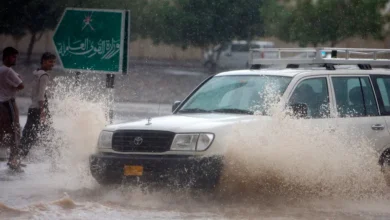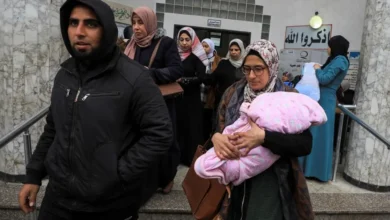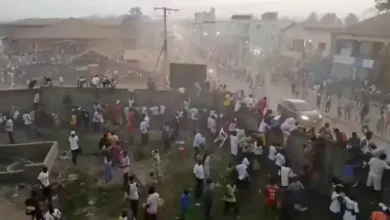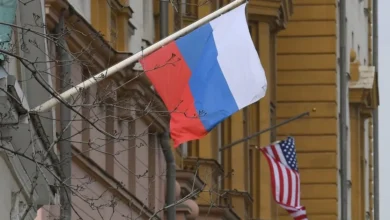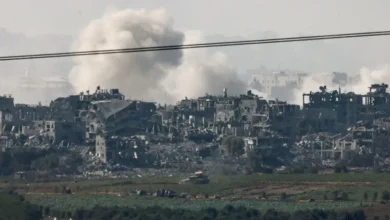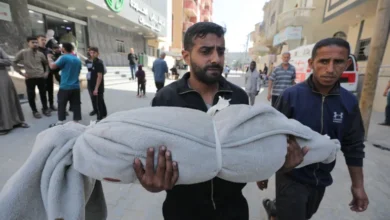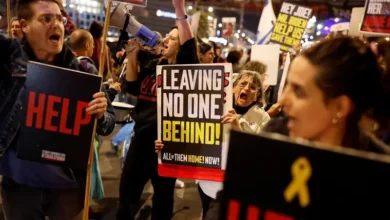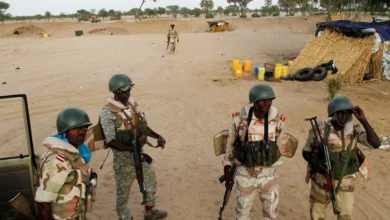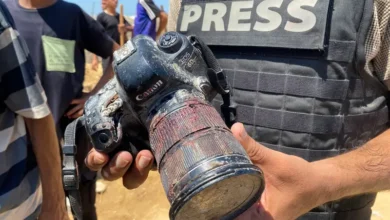US concerns mounting over Hezbollah-Israel escalation amid Gaza ceasefire talks
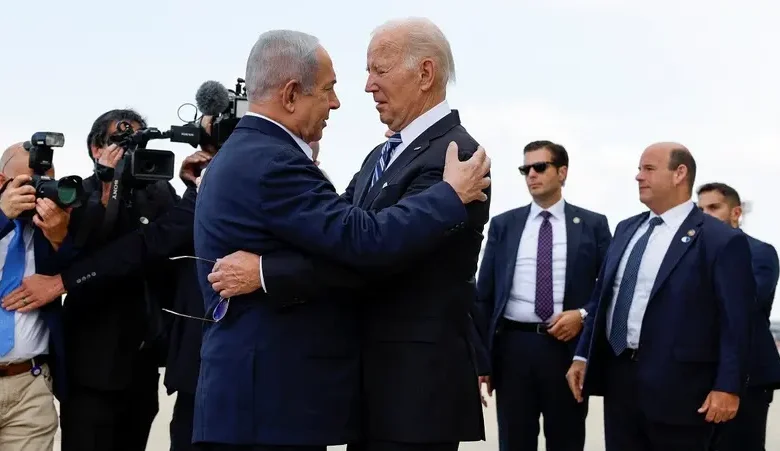
Shortly after the Oct. 7 Hamas attack on Israel late last year, US officials rushed to figure out what had transpired. While doing that, they also quickly turned their attention to the north along the border with Lebanon.
Biden administration officials feared that Hezbollah, another Iran-backed militia and part of the so-called Islamic Resistance in the Middle East, might open a new front with Israel.
The US deployed aircraft carrier strike groups and thousands of troops and other assets to the Middle East in what senior Pentagon officials said was intended to serve as a deterrent signal to Iran, Hezbollah and any other proxy in the region thinking about opening a second front against Israel.
Initial US intelligence assessed that the group was not planning to launch an offensive, with the Biden administration saying that the powerful Shia group was not previously informed about the Hamas operation.
US officials also sought to dissuade Israeli Prime Minister Benjamin Netanyahu and his government from launching a preemptive strike on Hezbollah, fearing such a move might spark a larger regional war. Some reports have indicated that Israeli fighter jets were in the air preparing to execute orders from their government. Ultimately, Israel heeded US calls for restraint, and Hezbollah refrained from immediately escalating.
The old – but unwritten – rules of engagement were shattered in the weeks following the start of cross-border exchanges between Israel and Hezbollah last year. Yet, the targeting had been primarily limited to Israeli military sites and infrastructure on the one hand and Hezbollah fighters and safehouses on the other. Residents on both sides of the border were quickly displaced and sought refuge in different parts of their respective countries.
New levels of escalation
However, a series of developments in recent days have again raised the prospect of an expanded conflict between the two sides. Israeli officials have threatened a military operation inside of Lebanon to push back Hezbollah fighters and capabilities despite previous comments that Israel prefers a diplomatic solution. On the other hand, Hezbollah, which initiated the first attack in October in what it said was support for Gaza, has said it does not want a war but is prepared for one.
Hezbollah-affiliated Al-Akhbar newspaper published an article days ago, claiming that the UK relayed Israeli threats to attack Lebanon later this month with a specific date. American and European diplomatic sources played down the report but did raise the prospect of escalation. “If things carry on as they have been, then sooner or later, the Israelis will do something about it,” one diplomat said.
The State Department said this week that without calm in Gaza, it would be “very difficult” to reach a solution to the fighting along the Lebanese-Israeli border. Hezbollah has said that it would stop once a ceasefire in Gaza is reached.
A spokesman for the UN secretary-general said Friday that the UN chief remains “gravely concerned” about the use of “increasingly destructive weapons,” which he said could trigger a broader conflict with “devastating consequences for the region.”
Over the weekend, Hezbollah said it downed another Israeli 900 Hermes over Lebanese territory, making it at least the fourth high-tech drone to be shot down by the group.
This came on the heels of last month’s deepest strike by Hezbollah into Israel and its first missile-laden drone attack using S-5 missiles, as well as an attack that resulted in significant damage to an Israeli high-tech altitude missile defense blimp.
On Thursday, Hezbollah said it forced an Israeli fighter to leave Lebanese airspace after it launched a surface-to-air missile, marking the first time since Oct. 7 that such a weapon was deployed. After an Israeli attack hit commercial properties in southern Lebanon this week, Hezbollah retaliated by targeting a mall in the northern Israeli town of Kiryat Shmona. The Iran-backed group also released a video that it had purportedly struck an Iron Dome launcher.
Devastating consequences for Lebanon and Israel
Any potential new Lebanon-Israel war would have devastating impacts on both sides. US officials believe Lebanon would suffer massive numbers of civilian casualties and the destruction of a majority of the country’s infrastructure. Israel would also endure heavy numbers of deaths, both civilian and military, while electricity plants and other basic infrastructure could be severely damaged or destroyed in parts of the country.
US Senator Lindsey Graham recently said that escalation could lead to an Israeli reaction that would completely destroy Beirut. But he cautioned that if Hezbollah, which is believed to have over 100,000 rockets and missiles, unleashed its arsenal, “they could overwhelm the Iron Dome.”
He added: “If Israel had a massive attack from Hamas and Hezbollah at the same time, it could really do a lot of damage to the State of Israel.”
However, a bigger fear is that a war with Hezbollah is likely to drag in multiple Iranian proxies as well as Tehran itself.
For months, US officials have studied contingency plans, as is customary for any conflict-struck country, to evacuate American citizens if needed.
The number of dual US-Lebanese citizens residing in Lebanon is estimated to be in the tens of thousands.
Special agents have traveled between Washington and Beirut throughout the Gaza war to plan for potential US evacuation operations. There are an undisclosed number of agents currently in Lebanon, sources familiar with the matter have said.
A Level 3 travel advisory remains in place, with the State Department recommending that those planning to go to Lebanon reconsider their plans.
Southern Lebanon has a Level 4 advisory, meaning US citizens should avoid that part of the country. “Cross-border rocket, missile, and artillery fire continues to impact southern Lebanon on a daily basis and has caused a significant number of fatalities and injuries,” the advisory reads.
Although assessed to be unrelated, a National Security Council official was in Beirut this week at the time a Syrian national opened fire at the US Embassy’s entrance. Lebanon’s army commander is expected to meet with US officials next week during a visit to Washington. General Joseph Aoun last spoke to his US countepart in March about the security situation in the region as well as continued efforts to deescalate tensions.
